Citizenship by naturalization does not simply mean obtaining a new passport. It is the culmination of a long process of adaptation, legalization, social integration, and loyalty to the host country. Not every country offers the same conditions, but almost every country requires stability, resilience, and involvement in the community.
The legal status of a naturalized citizen is equal to that of a native-born citizen, but the path to this status can take years. Foreigners must prove not only their legal status but also their cultural connection to their host country. Let’s consider the process using the example of the Czech Republic, a country with a clear naturalization structure, strict requirements, and a well-thought-out system for evaluating candidates.
Legal framework: from residency to oath-taking
The process of obtaining citizenship by naturalization begins with the registration of a legal basis for residence. Most often, this is a visa issued for work, study, or family reunification. Once the visa is obtained, the time required for obtaining a residence permit begins.
The Czech Republic issues long-term visas for up to 1 year. After this period, if the foreigner has a stable income, a place to live, and a valid reason for staying, they can apply for a residence permit (vízum k pobytu nad 90 dnů). After 5 years, if you comply with the laws, have no criminal record, and pay taxes, you can apply for permanent residence (trvalý pobyt).
Only then can you apply for citizenship by naturalization. This process requires a separate review, preparation, and submission of a complete set of documents, including certificates, income verification, a resume, a letter from your employer, exams, and an oath.
Naturalization Citizenship Requirements: What the State Demands
 The Czech Republic applies a strict approach when selecting candidates. Citizenship by naturalization is granted only after a comprehensive personal check. It is important not only to live there, but also to adapt socially, have no debts, know the language, and follow cultural norms.
The Czech Republic applies a strict approach when selecting candidates. Citizenship by naturalization is granted only after a comprehensive personal check. It is important not only to live there, but also to adapt socially, have no debts, know the language, and follow cultural norms.
Key conditions for obtaining citizenship:
- Permanent residence in the country for at least 5 years.
- Verified legal and stable income.
- Proficiency in Czech at the B1 level or higher.
- Successful passing of the exam on history, fundamentals of culture and legislation.
- A reputation without a criminal record, administrative violations, or debts.
- No gaps in residency exceeding 6 months.
The audit covers all areas, from payment discipline to participation in social institutions.
Practice: How to Obtain Citizenship by Naturalization in the Czech Republic
The candidate submits an application to the Ministry of Internal Affairs, accompanied by a package of documents. Errors occur most often at this stage: invalid transfers, outdated certificates, and unconfirmed departures.
Officers of the Foreign Affairs Service check the dossier for several months, simultaneously requesting information from the police, tax, health and migration services. Submitting an application without a preliminary assessment creates a risk of rejection based on a formal discrepancy.
Naturalization citizenship in the Czech Republic is granted only to a foreigner who has lived for at least 10 years without long trips, owned real estate or rented, had employment, paid taxes and actively integrated into society.
Citizenship by naturalization through investment in real estate
Naturalization takes time, but a number of countries offer investment programs. They allow you to avoid waiting and get citizenship in six months or a year.
Such programs do not require long stays, exams, or integration. Obtaining citizenship through investment formally remains naturalization, but receives a special status due to an accelerated procedure.
The Maltese authorities issue a passport 12 months in advance after an investment of 600,000 euros or more. In Turkey, 3-6 months after buying a property starting from $ 400,000. Dominica and Antigua grant citizenship after a donation of at least $100,000 without the need to travel.
The investor chooses a country based on the goal: some countries provide visa—free access to the Schengen area, others offer tax advantages, and others provide a stable political climate and security.
Verification and examination: the key to the solution
The naturalization exam consists of two parts: language and citizenship basics. The first part is a written and oral test of comprehension, reading, writing, and speaking. The second part consists of 30 questions about the structure of government, history, geography, traditions, rights, and obligations.
The exam is conducted by authorized language centers, and the results are valid for 5 years. The exam can be retaken no more than twice within one calendar year. Citizenship by naturalization in the Czech Republic is not granted without successfully passing both parts of the exam.
It is better to start preparing in advance — standard textbooks do not always correspond to the wording of the test. Courses at universities, dialogues with native speakers, and participation in cultural events increase the chance of passing the test on the first try.
Life before the passport: how to strengthen your reputation
Reputation affects the outcome of the application. A candidate who actively participates in the life of society strengthens the dossier. Strengths: official employment, participation in volunteer initiatives, membership in professional organizations, obtaining national certificates.
Naturalized citizenship also requires an assessment of resilience to social pressures: the ability to follow the rules, willingness to adapt, and intercultural communication skills.
Non-payment of taxes, fictitious employment, criminal record, administrative fines worsen the prospects. A positive living history is one of the most valuable arguments in the final check.
Universal recommendations for applicants
Naturalization citizenship requires systematic training. Successful candidates do not allow randomness and do not rely on chance. Actions that increase the chances of a positive decision:
- Timely extension of the status of residence permit and permanent residence without gaps.
- Maintaining continuous employment and stable income.
- Active language practice up to B1 level and above.
- Regular participation in cultural and social events.
- Tracking the number of days spent outside the country.
- Preparation for the exam in at least 3 months.
- Storing all certificates, copies, and extracts in the archive.
- Using the assistance of lawyers and migration consultants at the final stage.
Conclusion
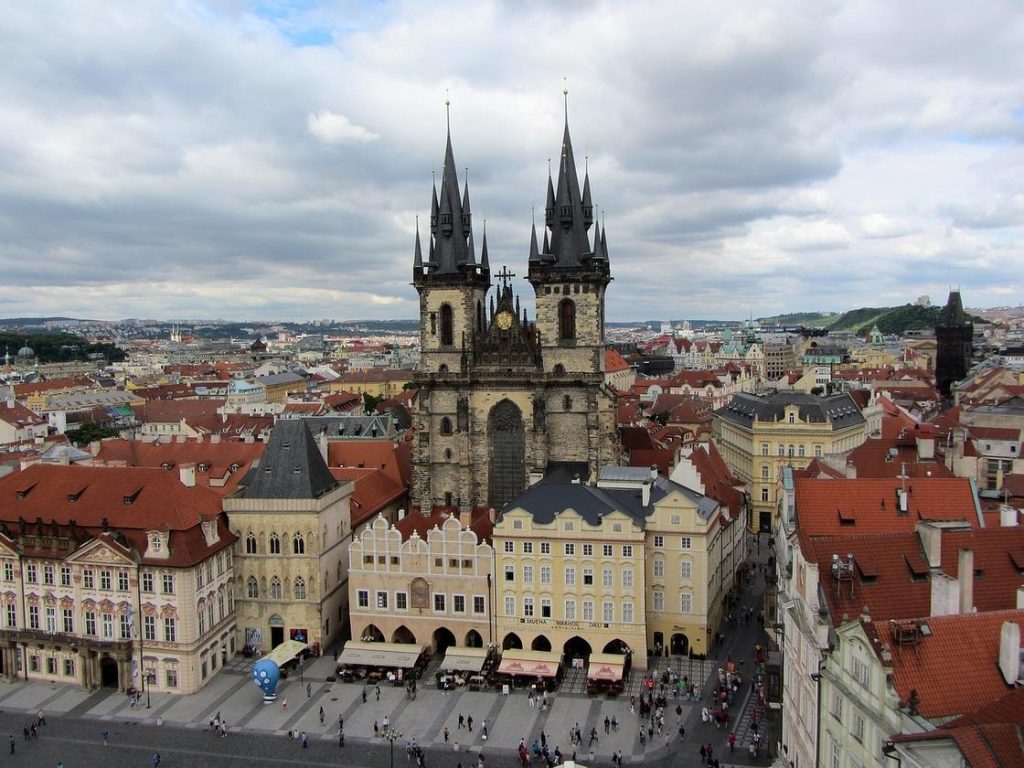 Naturalization citizenship requires effort, but it provides a powerful legal tool for living, working, investing, and feeling secure. The path demonstrates commitment to a new homeland, and the process itself fosters a sense of civic responsibility.
Naturalization citizenship requires effort, but it provides a powerful legal tool for living, working, investing, and feeling secure. The path demonstrates commitment to a new homeland, and the process itself fosters a sense of civic responsibility.
Alternatively, real estate investments can be a viable option. They can reduce the years to months, but they require financial readiness. Each decision is unique, but the outcome is always the same: a passport that opens doors.

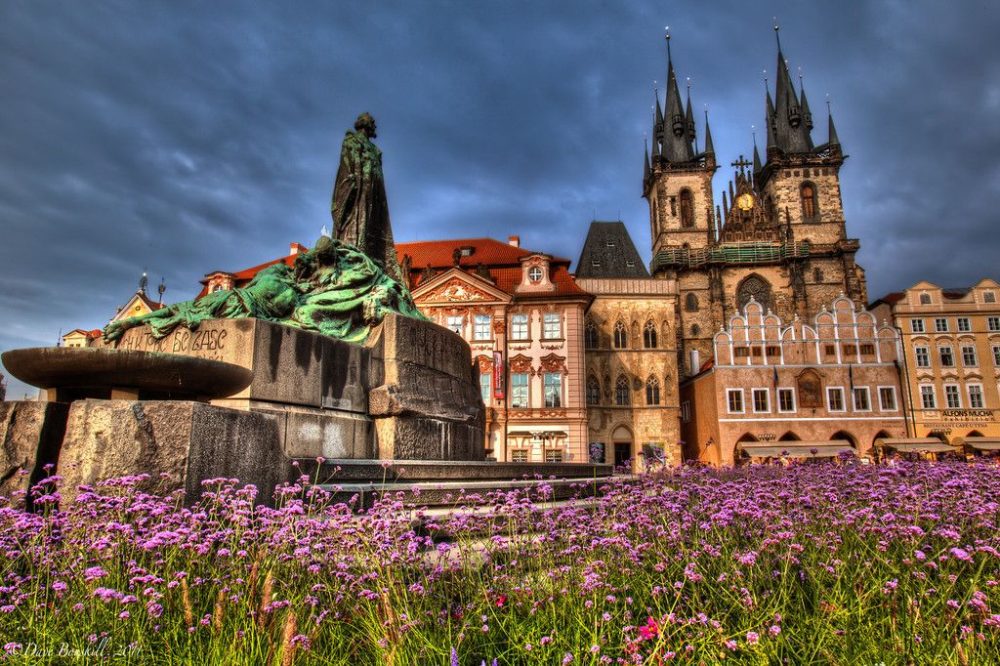
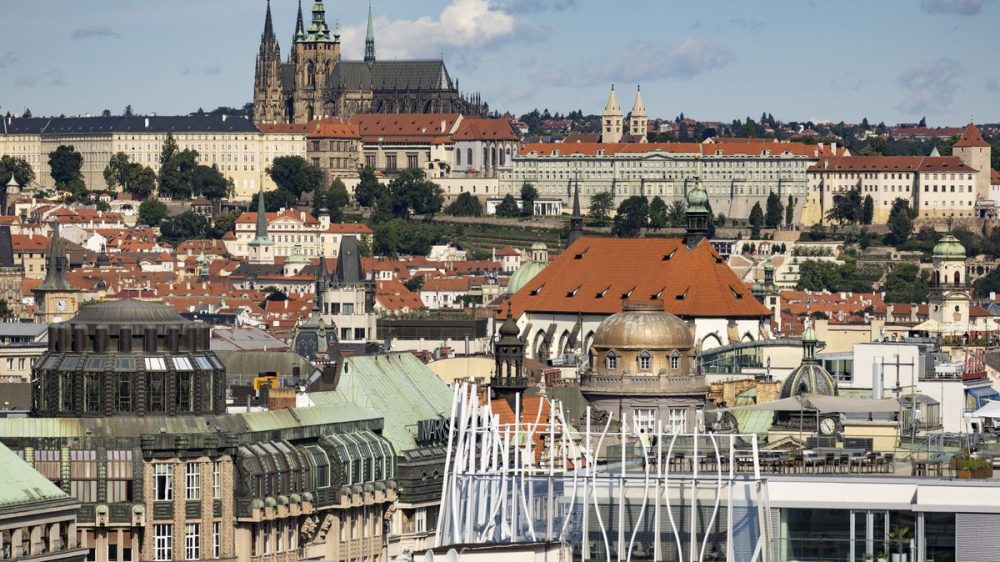
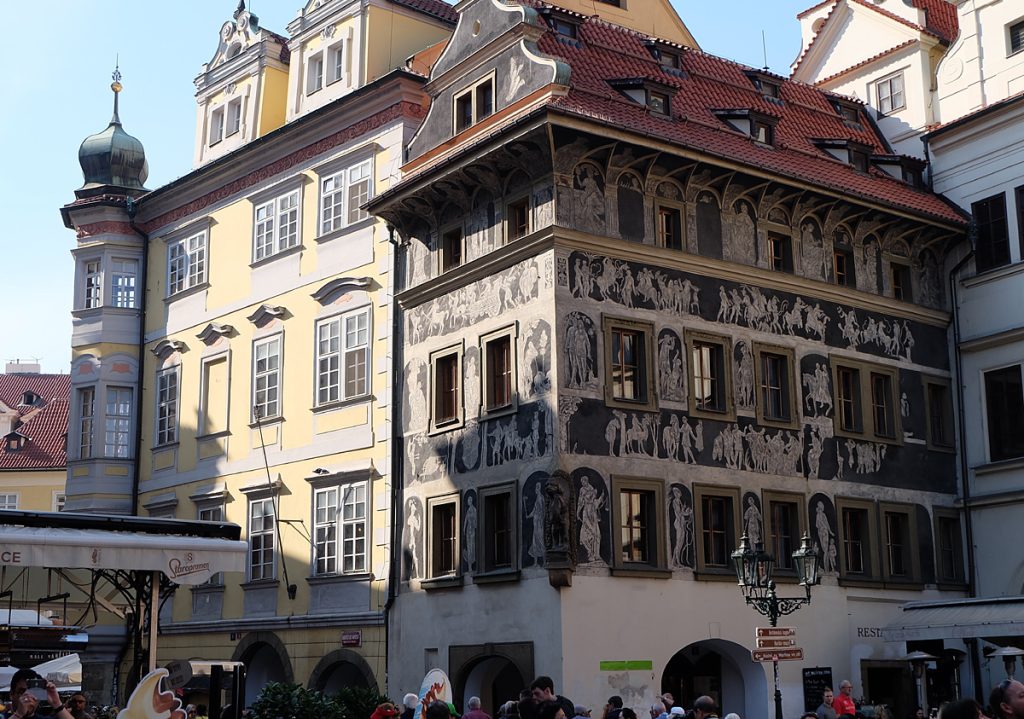 The Czech Republic occupies a special place on the international investment map due to its balanced combination of profitability, stability and legal protection.
The Czech Republic occupies a special place on the international investment map due to its balanced combination of profitability, stability and legal protection.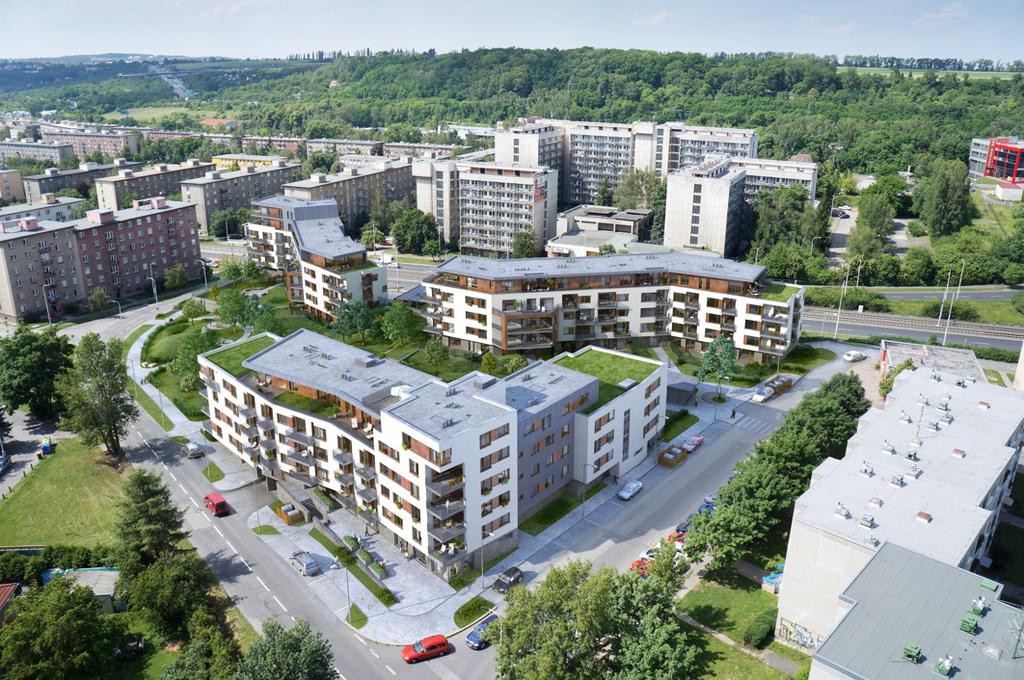 The pros of investing in overseas commercial property turn an asset into a foundation of long-term wealth. Yield, stability, capital protection and appreciation create a strong financial foundation. Special attention should be paid to the Czech Republic, a country that combines all the advantages for international investors: a stable economy, transparent legislation and high demand for commercial leases.
The pros of investing in overseas commercial property turn an asset into a foundation of long-term wealth. Yield, stability, capital protection and appreciation create a strong financial foundation. Special attention should be paid to the Czech Republic, a country that combines all the advantages for international investors: a stable economy, transparent legislation and high demand for commercial leases.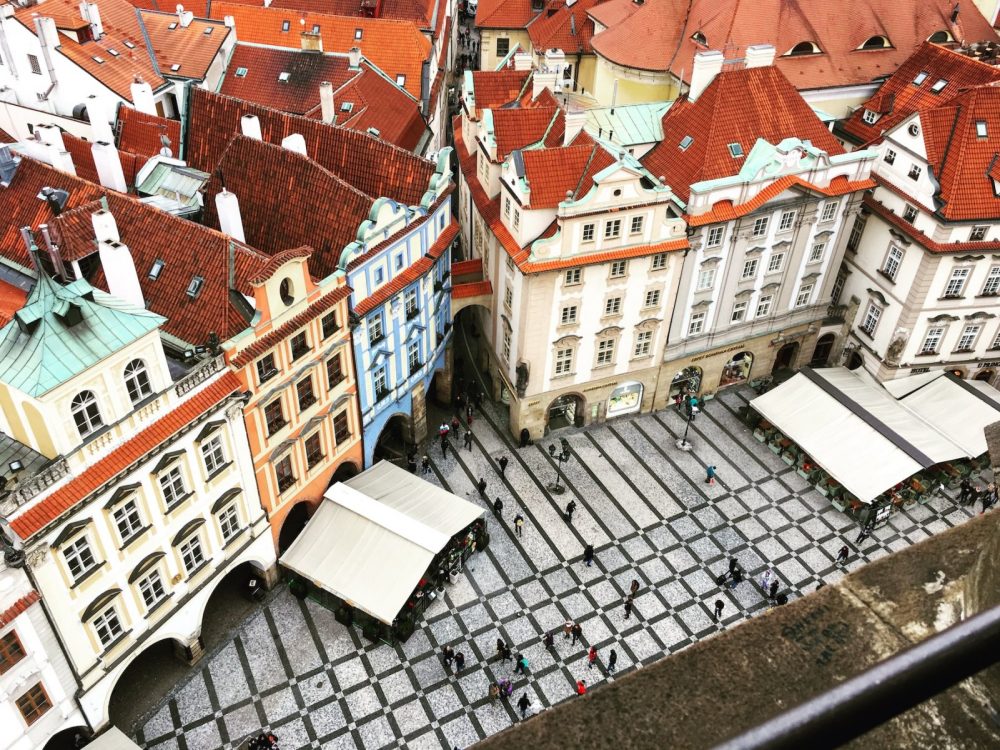
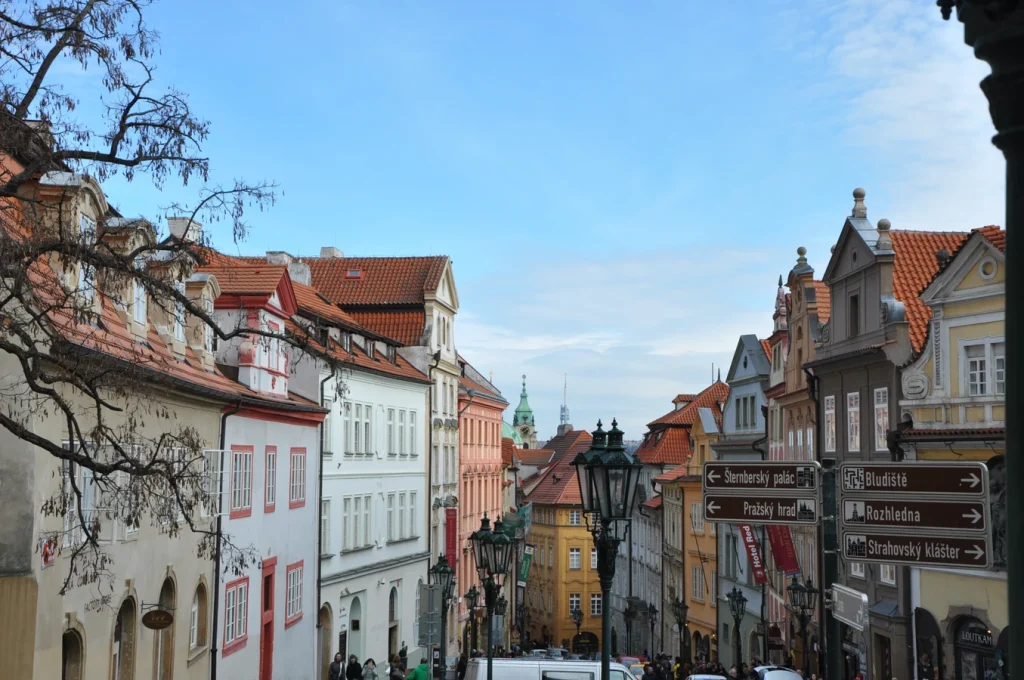 The real estate transaction is strictly through a notary, is registered in the cadastre and eliminates the risks of double sale. Therefore, spontaneous changes in terms and conditions are not possible.
The real estate transaction is strictly through a notary, is registered in the cadastre and eliminates the risks of double sale. Therefore, spontaneous changes in terms and conditions are not possible. Czech property remains one of the most balanced assets in Europe. Reasonable prices, stable market, legal transparency, profitability and liveability make buying a flat or a house a real investment. What does buying property in the Czech Republic offer? Life with European quality and a stable outlook.
Czech property remains one of the most balanced assets in Europe. Reasonable prices, stable market, legal transparency, profitability and liveability make buying a flat or a house a real investment. What does buying property in the Czech Republic offer? Life with European quality and a stable outlook.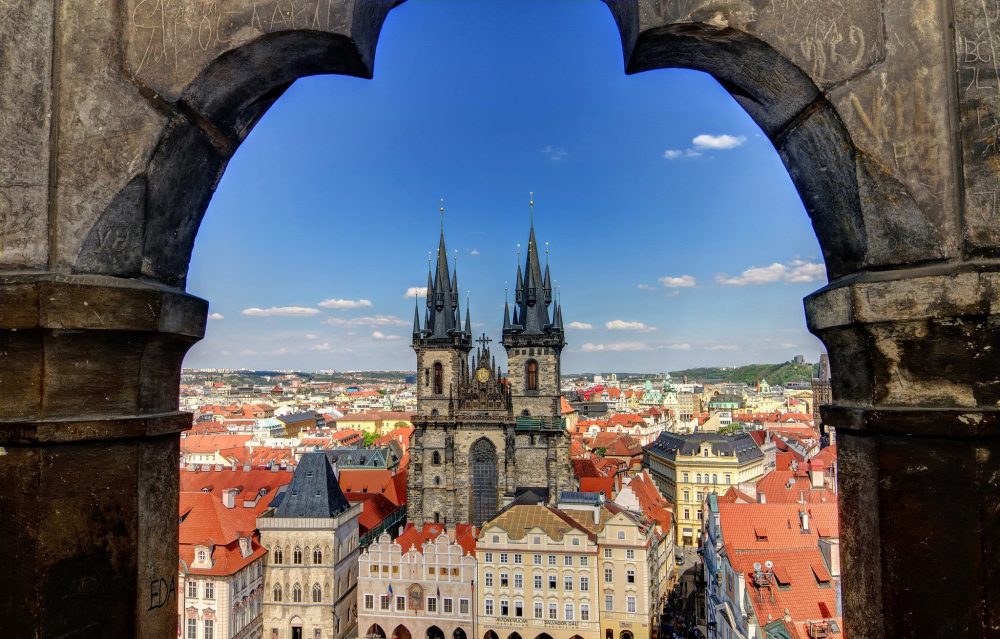
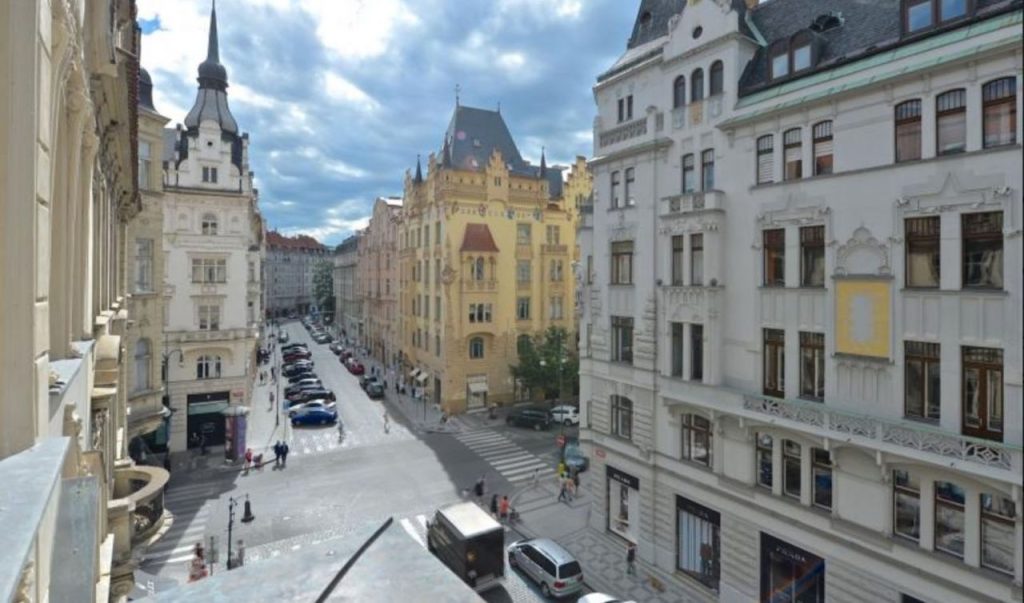 Finding a place to live is one of the most important steps faced by anyone planning to move to the Czech Republic for permanent residence. The country offers a wide range of property, from renting small flats to buying luxury houses. The cost of housing varies depending on the region, type of property and proximity to the city centre.
Finding a place to live is one of the most important steps faced by anyone planning to move to the Czech Republic for permanent residence. The country offers a wide range of property, from renting small flats to buying luxury houses. The cost of housing varies depending on the region, type of property and proximity to the city centre.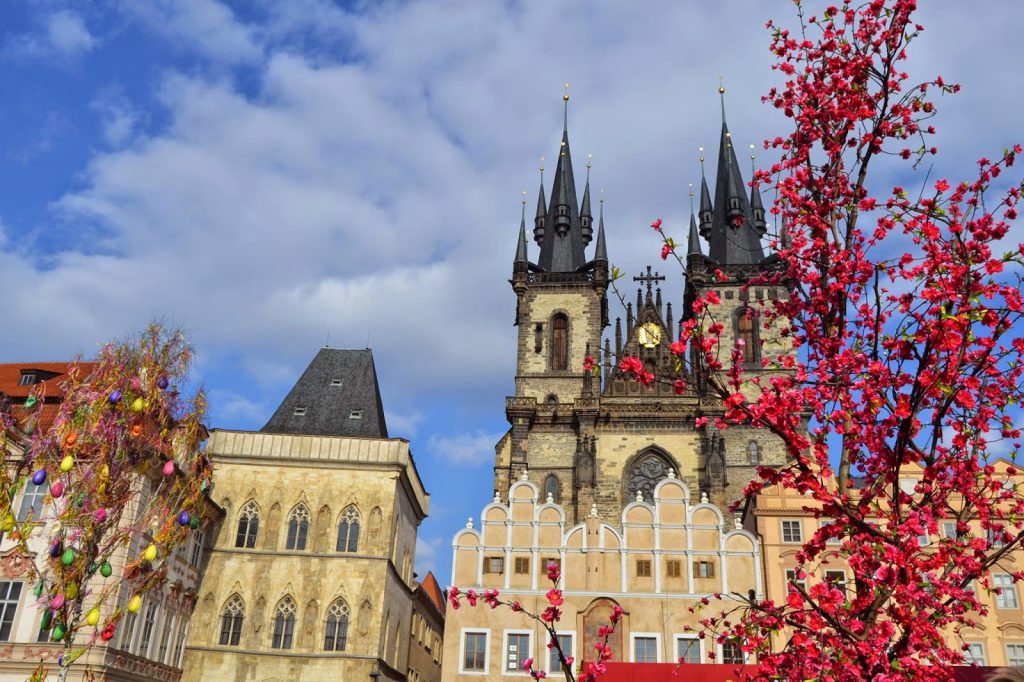 Moving to the Czech Republic for permanent residence in 2025 is an opportunity to improve the quality of life, gain access to European standards and realise your professional ambitions. Success depends on careful preparation: from choosing the type of residence permit to finding accommodation and adapting to the new society.
Moving to the Czech Republic for permanent residence in 2025 is an opportunity to improve the quality of life, gain access to European standards and realise your professional ambitions. Success depends on careful preparation: from choosing the type of residence permit to finding accommodation and adapting to the new society.
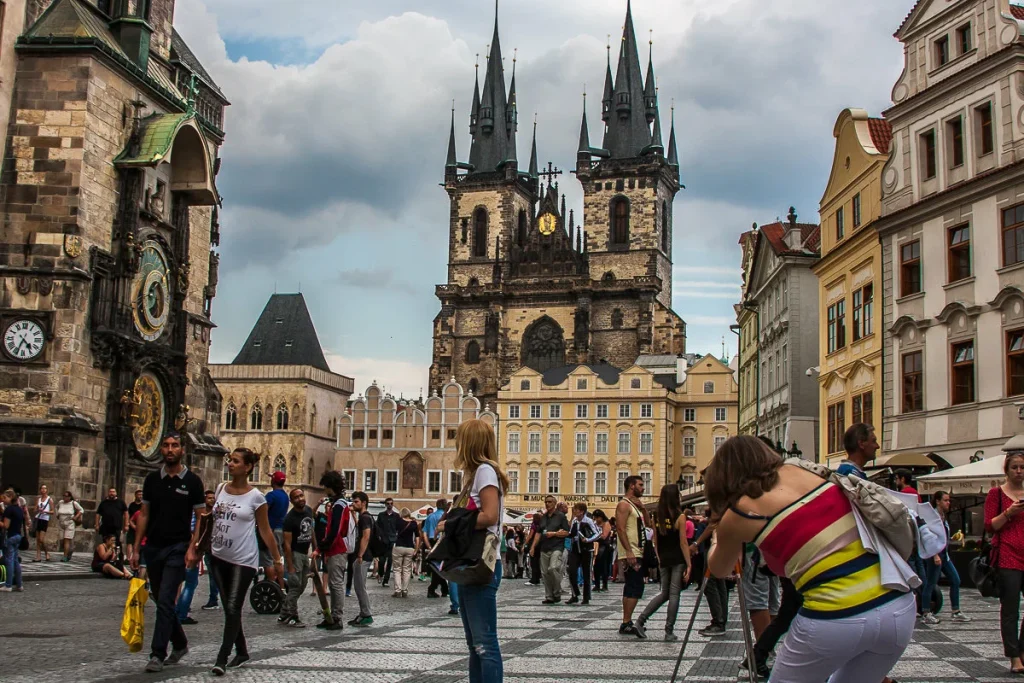 Despite the many advantages, living in the Czech Republic has its disadvantages. These nuances can seriously affect the decision to move and buy a property.
Despite the many advantages, living in the Czech Republic has its disadvantages. These nuances can seriously affect the decision to move and buy a property.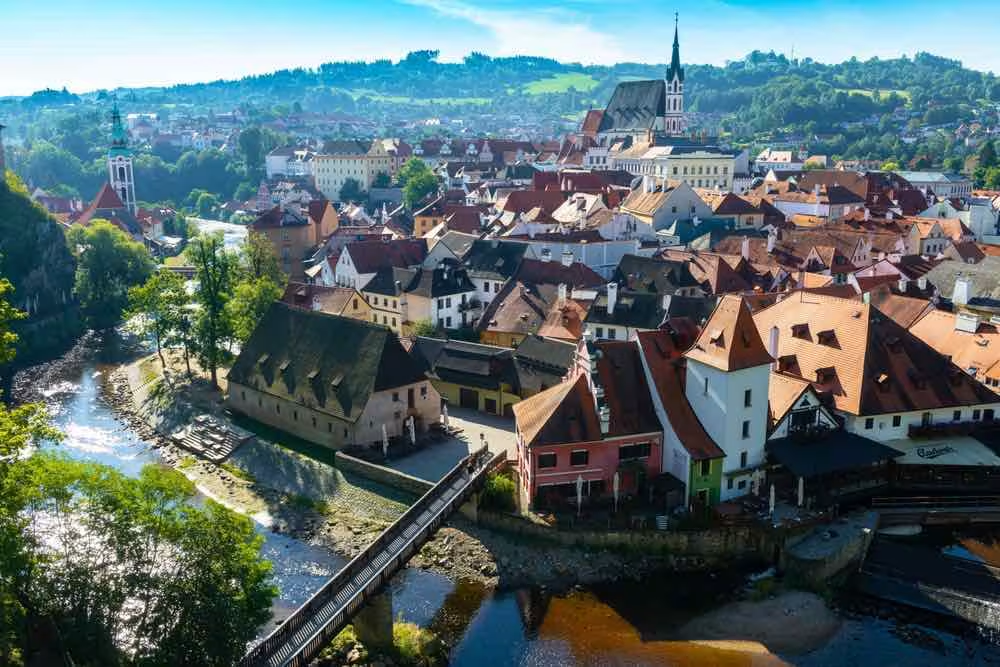 The pros and cons of living in the Czech Republic should be carefully weighed before deciding to move and buy property. A stable economy, high quality medicine and affordable education attract many emigrants. But bureaucracy, taxes and difficulties in obtaining a residence permit can be a serious challenge.
The pros and cons of living in the Czech Republic should be carefully weighed before deciding to move and buy property. A stable economy, high quality medicine and affordable education attract many emigrants. But bureaucracy, taxes and difficulties in obtaining a residence permit can be a serious challenge.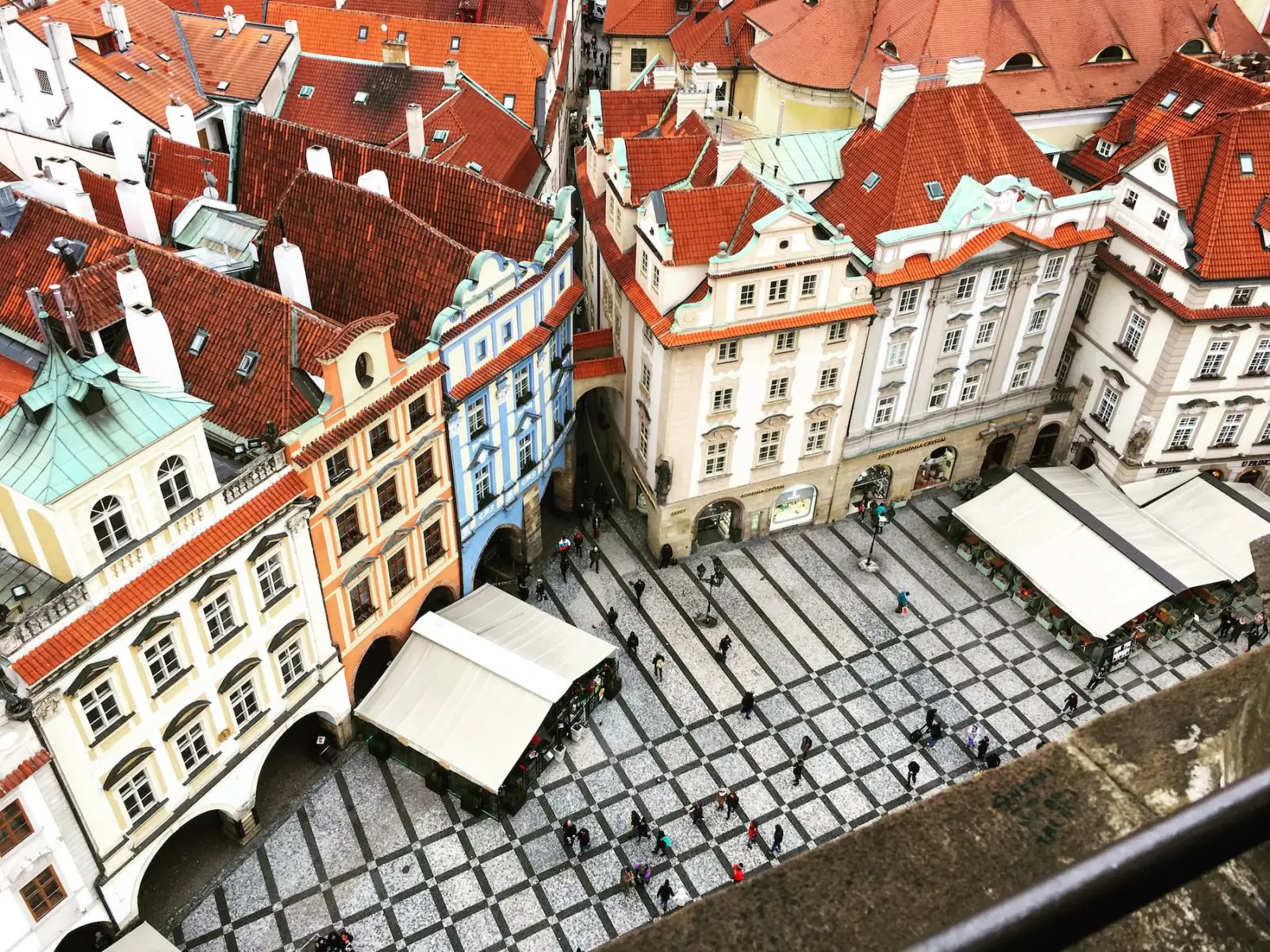
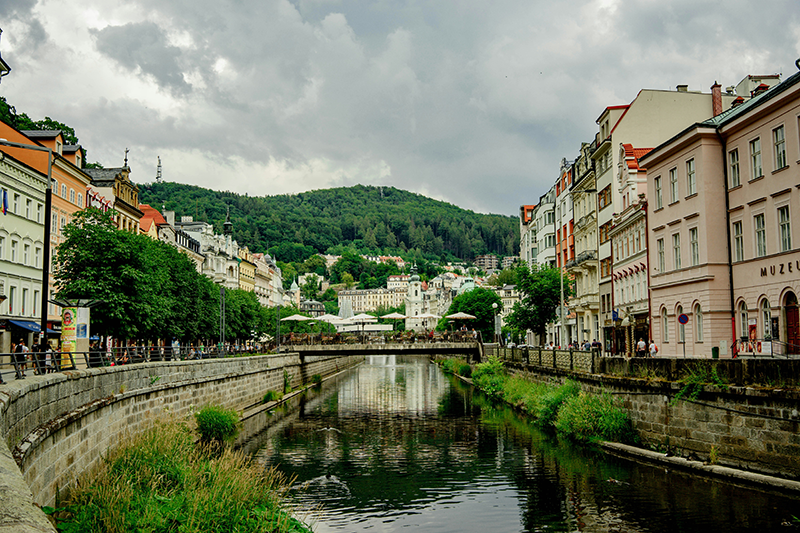 Buying property in the Czech Republic offers attractive average rental yields of 4-6% per annum, higher than in neighbouring countries. This return is not only due to a stable market, but also to the growing interest of tenants in the country’s major cities, such as Prague and Brno.
Buying property in the Czech Republic offers attractive average rental yields of 4-6% per annum, higher than in neighbouring countries. This return is not only due to a stable market, but also to the growing interest of tenants in the country’s major cities, such as Prague and Brno.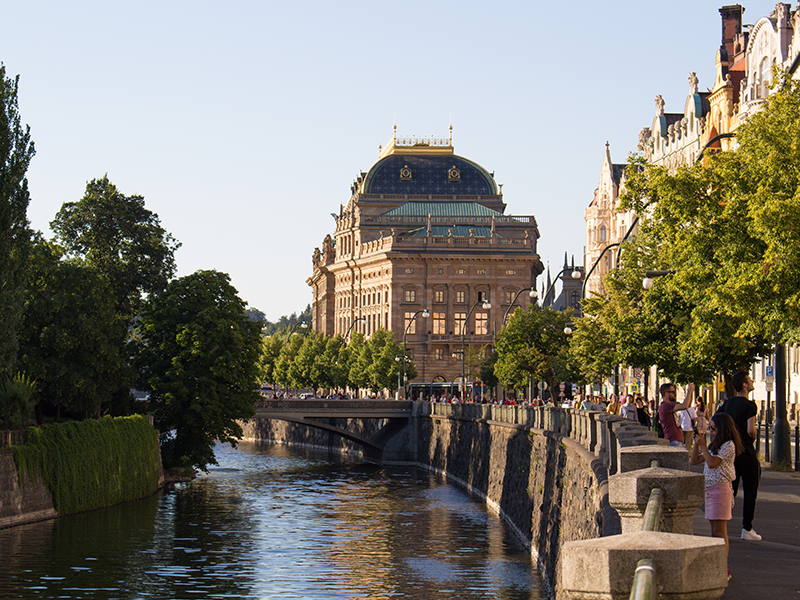 Buying property in the Czech Republic is an opportunity to invest in a stable and reliable market. Whether it is a flat in the centre of Prague or a villa in Karlovy Vary, each property offers unique prospects for preserving and increasing capital. Consider the Czech Republic as your next step towards financial independence.
Buying property in the Czech Republic is an opportunity to invest in a stable and reliable market. Whether it is a flat in the centre of Prague or a villa in Karlovy Vary, each property offers unique prospects for preserving and increasing capital. Consider the Czech Republic as your next step towards financial independence.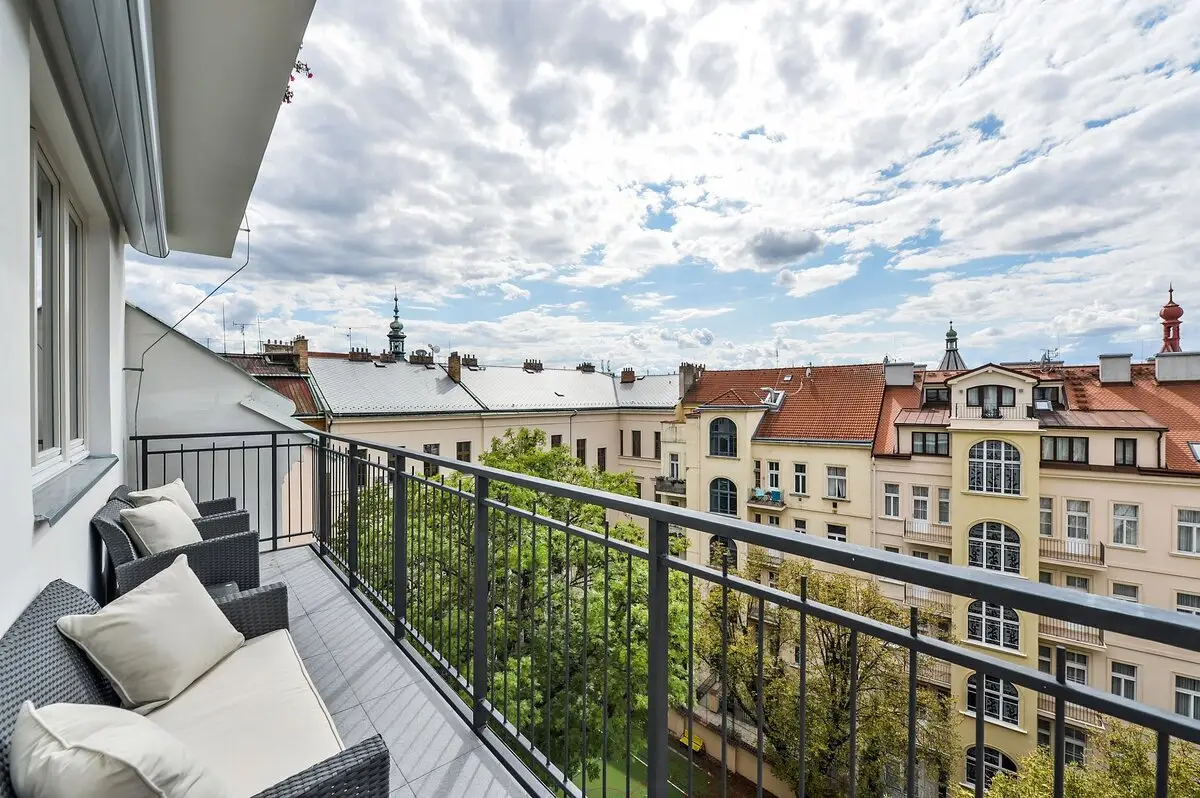
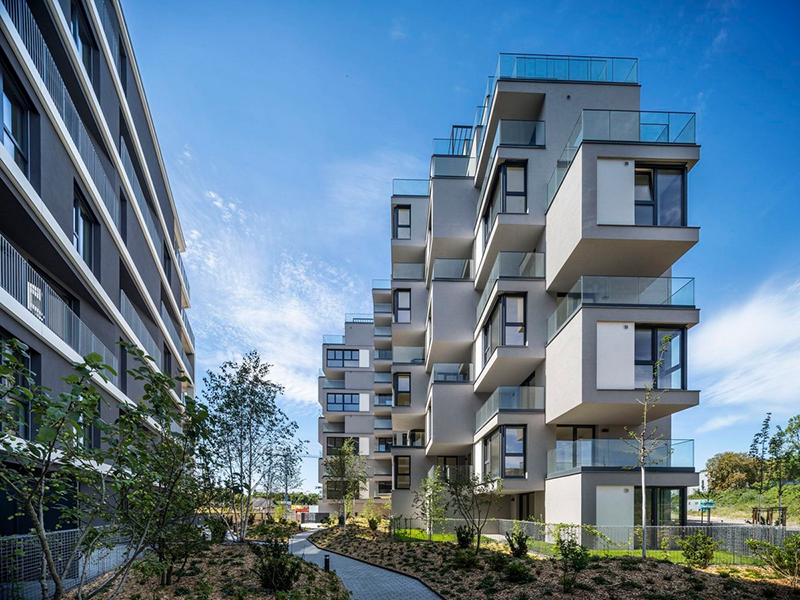 The Czech Republic is not just a beautiful place to live, but also a stable property market that attracts investors from all over the world. It is a safe investment that gives a real return, especially if you choose the right location.
The Czech Republic is not just a beautiful place to live, but also a stable property market that attracts investors from all over the world. It is a safe investment that gives a real return, especially if you choose the right location. Now that you know all the important aspects of buying property in the Czech Republic, from registration to financial details, all that remains is to decide in which neighbourhood to buy a flat and start a new phase of your life in this beautiful country. Don’t forget to consult experts and carefully check all stages of the purchase to avoid unnecessary risks.
Now that you know all the important aspects of buying property in the Czech Republic, from registration to financial details, all that remains is to decide in which neighbourhood to buy a flat and start a new phase of your life in this beautiful country. Don’t forget to consult experts and carefully check all stages of the purchase to avoid unnecessary risks.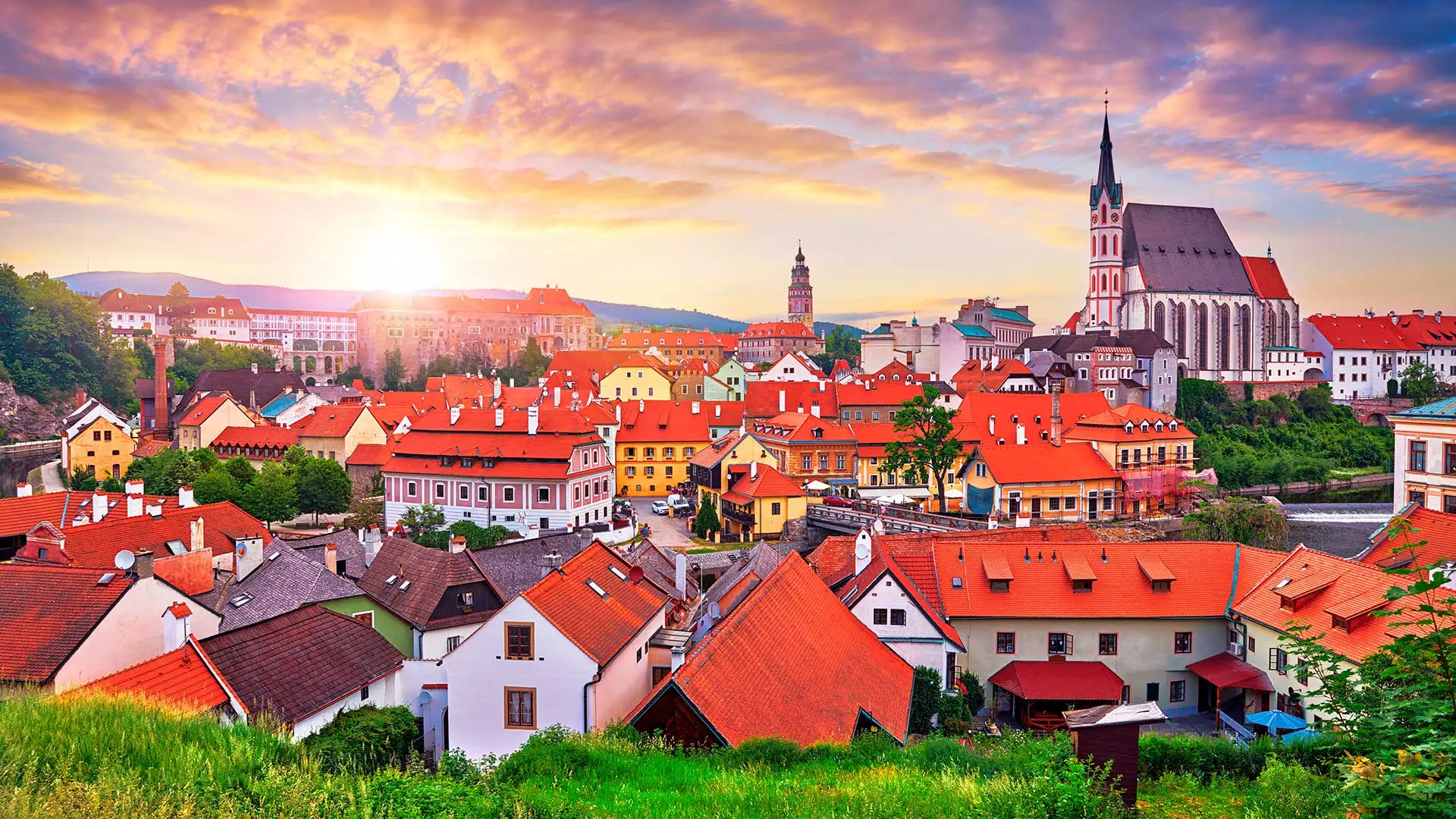
 Commercial square metres offer a wide range of investment opportunities, from office space in the centre of Prague to retail space in dynamic areas. Investments in commercial properties are capable of generating stable income over a long period of time, while offering some protection against inflation.
Commercial square metres offer a wide range of investment opportunities, from office space in the centre of Prague to retail space in dynamic areas. Investments in commercial properties are capable of generating stable income over a long period of time, while offering some protection against inflation.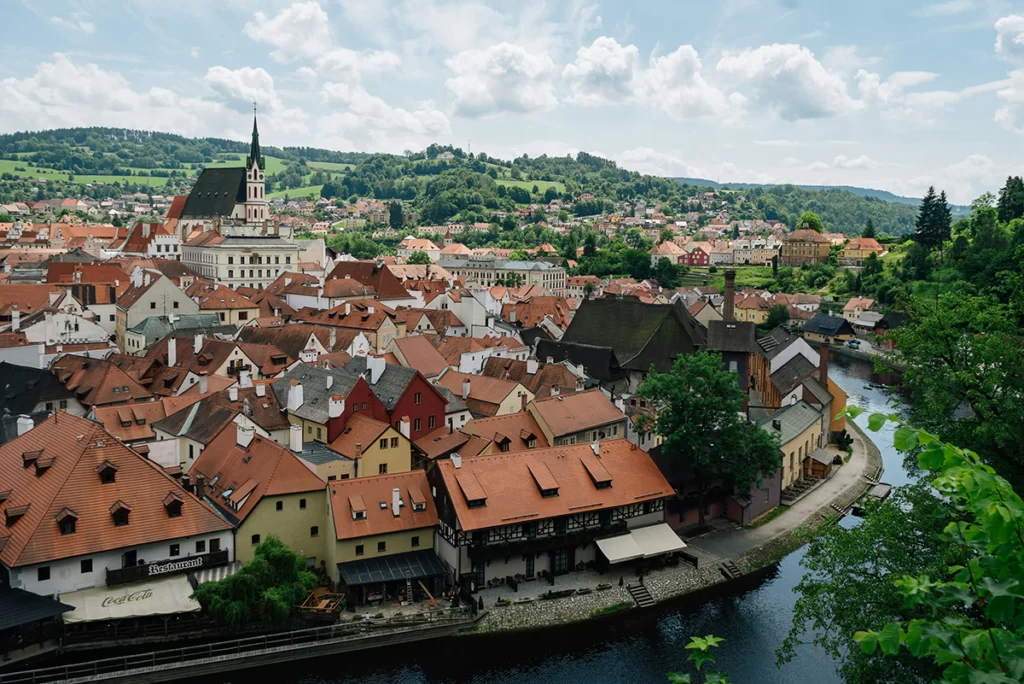 Whether you are interested in residential flats, office buildings or holiday properties, the country offers many opportunities for profitable investments. Once you understand what property in the Czech Republic to invest in, you can choose the best option that can bring a stable income. Each investor will find something that suits him or her, whether it is Prague with its business centres or Karlovy Vary with its resort properties.
Whether you are interested in residential flats, office buildings or holiday properties, the country offers many opportunities for profitable investments. Once you understand what property in the Czech Republic to invest in, you can choose the best option that can bring a stable income. Each investor will find something that suits him or her, whether it is Prague with its business centres or Karlovy Vary with its resort properties.
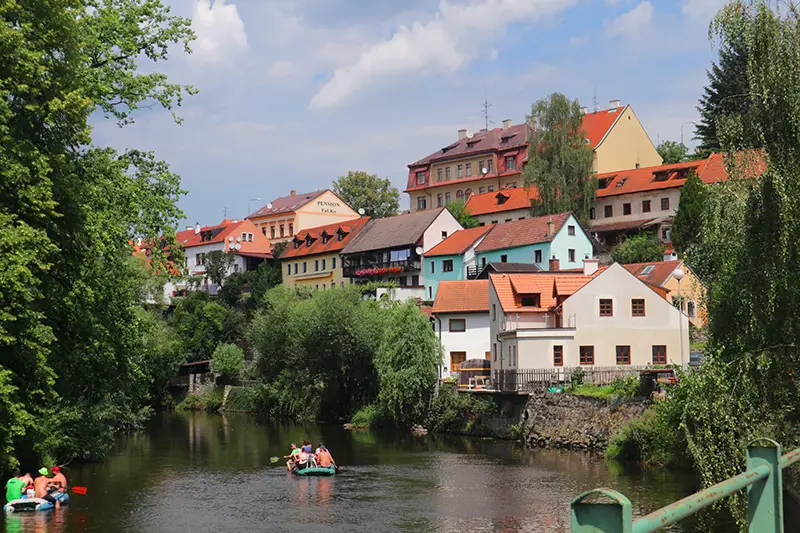 Pros:
Pros: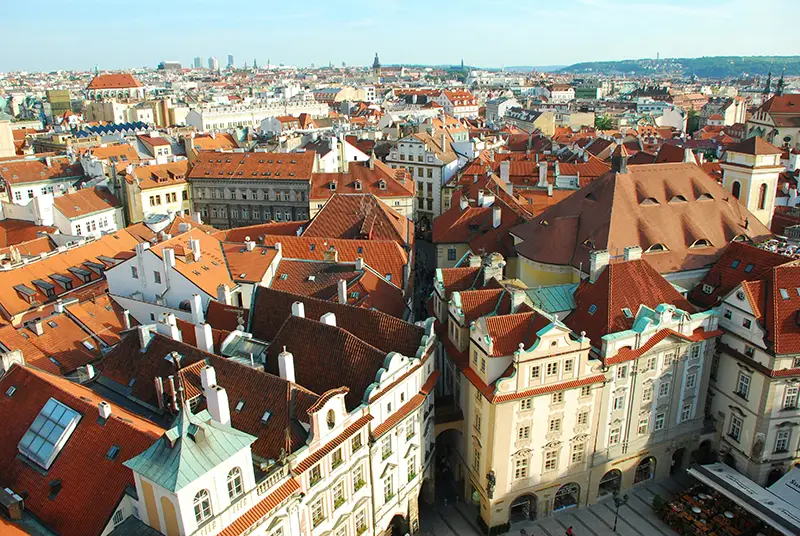 Property in the Czech Republic offers unique opportunities for preserving and increasing capital. Stable price growth, high rental yields and favourable conditions for foreign investors make this market one of the most attractive in Europe. Investing in Czech properties is a step towards financial independence and stability, especially in conditions of economic uncertainty.
Property in the Czech Republic offers unique opportunities for preserving and increasing capital. Stable price growth, high rental yields and favourable conditions for foreign investors make this market one of the most attractive in Europe. Investing in Czech properties is a step towards financial independence and stability, especially in conditions of economic uncertainty.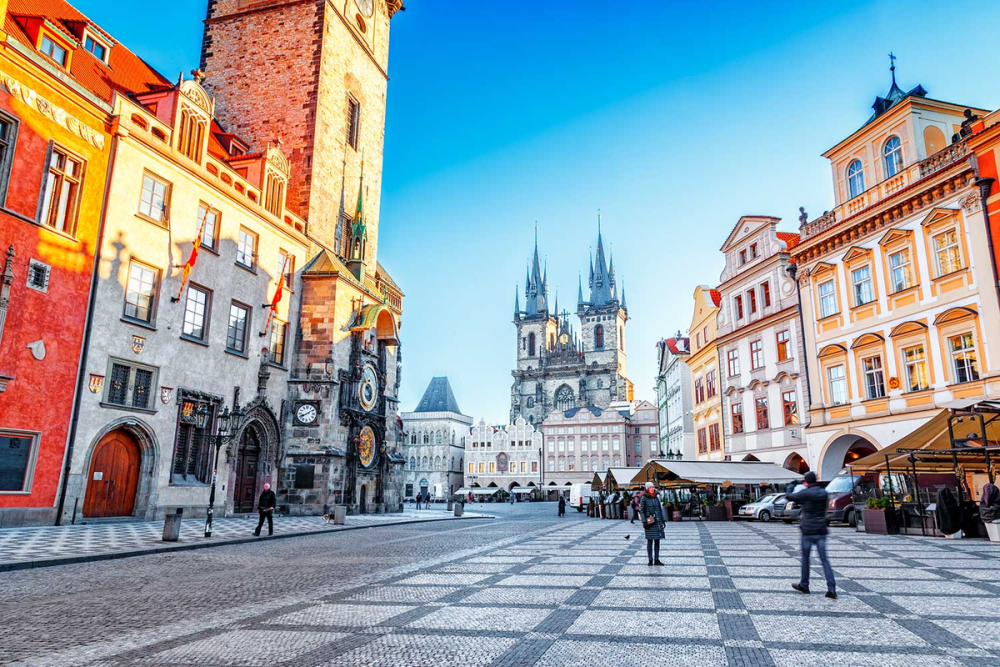
 Bureaucracy exposes even deeper differences between residence permit and residence permit. To obtain temporary status, a reason is often sufficient: study, work, family reunification, investment.
Bureaucracy exposes even deeper differences between residence permit and residence permit. To obtain temporary status, a reason is often sufficient: study, work, family reunification, investment.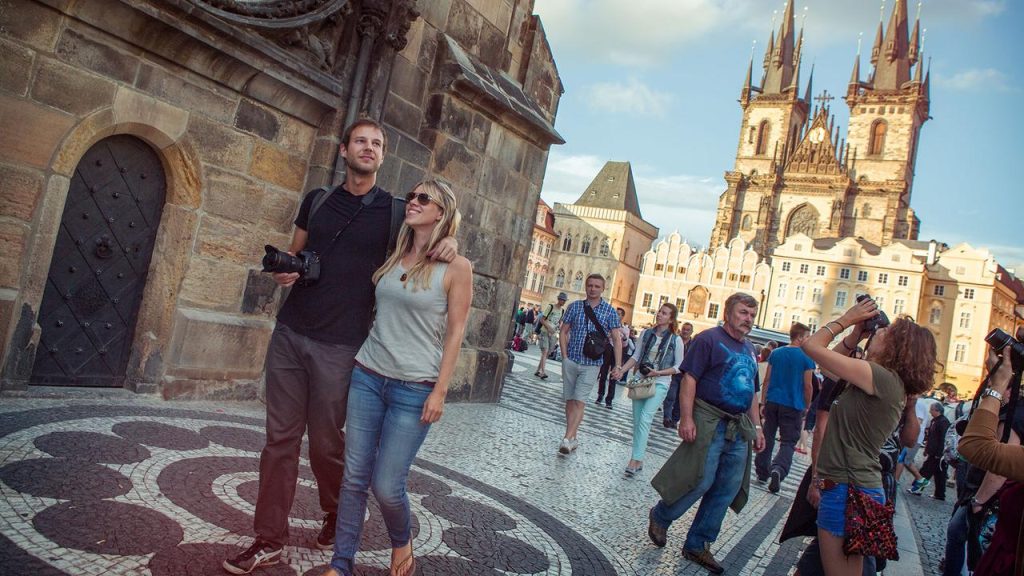 The differences between residence permit and permanent residence permit determine not just a legal category, but the quality of life, reliability of status and development horizons.
The differences between residence permit and permanent residence permit determine not just a legal category, but the quality of life, reliability of status and development horizons.
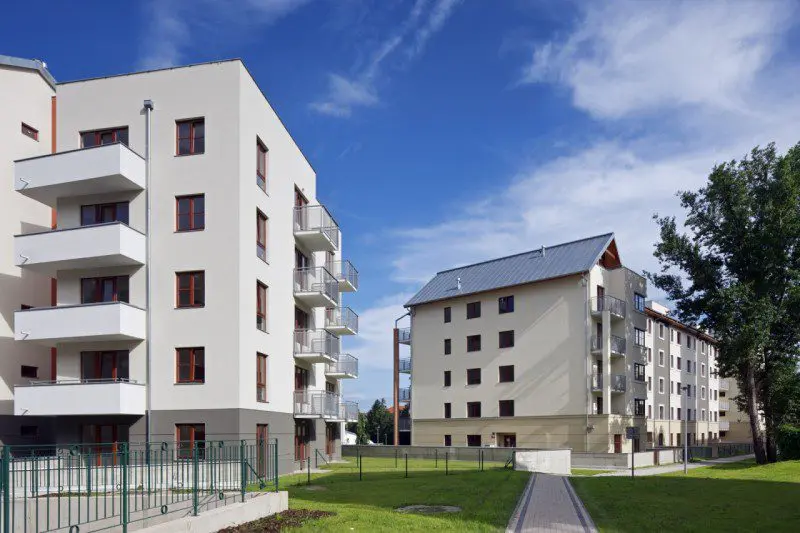 Location affects not only the price of the flat, but also the potential for capital growth. The difference between cities can be as much as 40% in price per square metre with a similar level of comfort.
Location affects not only the price of the flat, but also the potential for capital growth. The difference between cities can be as much as 40% in price per square metre with a similar level of comfort.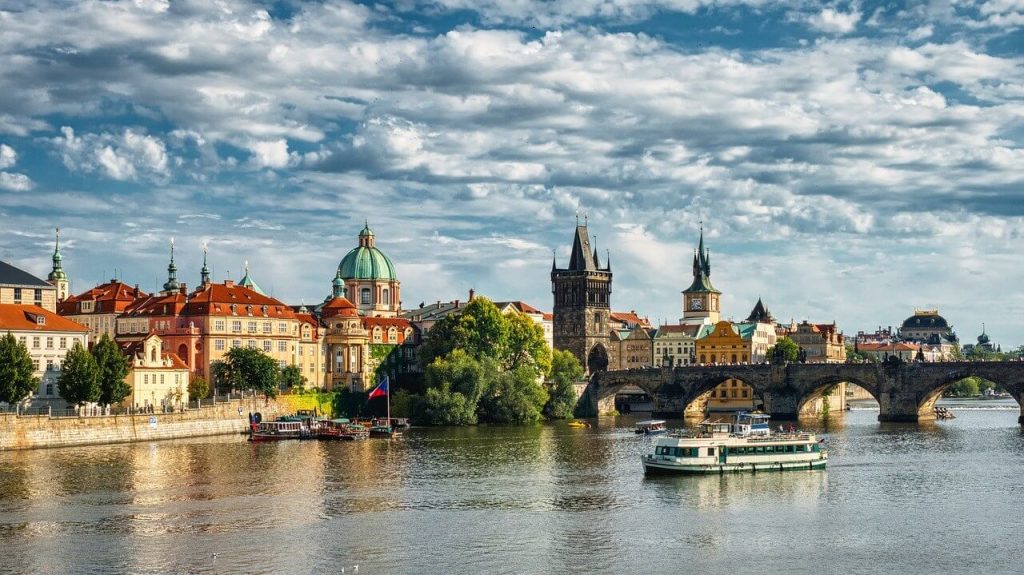 It is no more difficult for a foreigner to buy a flat in the Czech Republic than it is to sign a lease in Berlin. A clear procedure, a stable legal framework, favourable investment conditions and complete transparency make the property market attractive for both living and business.
It is no more difficult for a foreigner to buy a flat in the Czech Republic than it is to sign a lease in Berlin. A clear procedure, a stable legal framework, favourable investment conditions and complete transparency make the property market attractive for both living and business.
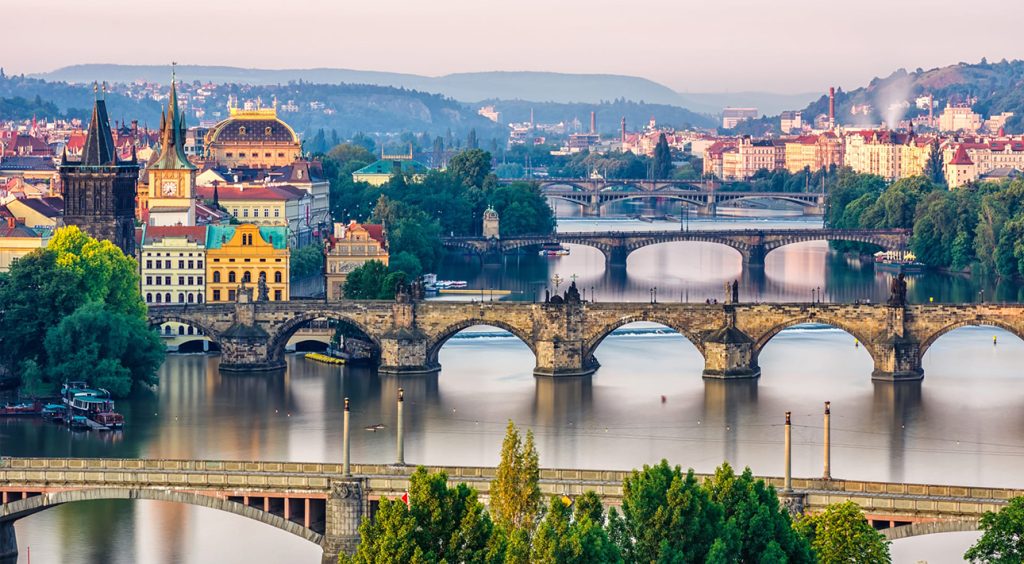 Properties in the country offer more than just Prague. Three areas with growth potential have been identified for 2025:
Properties in the country offer more than just Prague. Three areas with growth potential have been identified for 2025: This article is a complete guide to buying property in the Czech Republic in 2025. It is a short but important path to a stable investment in a transparent and reliable legal system.
This article is a complete guide to buying property in the Czech Republic in 2025. It is a short but important path to a stable investment in a transparent and reliable legal system.





